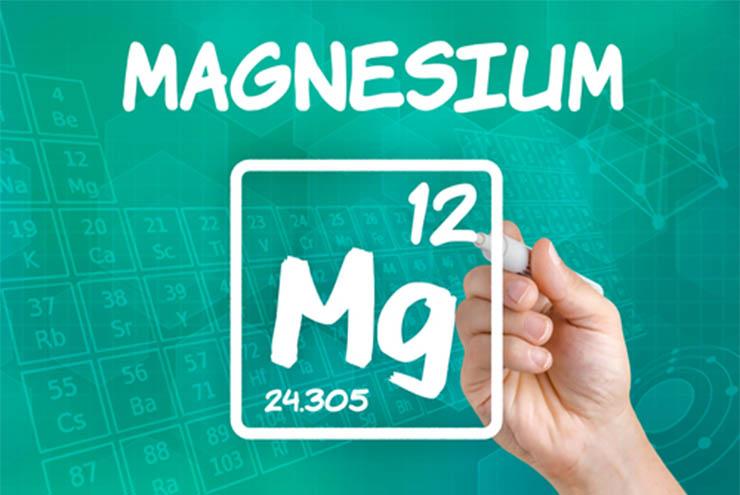Magnesium: Health of the adrenal glands
First, it has been shown that magnesium deficiency increases anxiety and depression. Basically, when you are deficient in magnesium, the set point at which your adrenals go into action and start producing the fight or flight hormones is lower. So even relatively minor things can get you started, causing cortisol, epinephrine and norepinephrine to go up. It is also believed that stress can cause you to lose more magnesium in the urine than is normal. This can therefore become a complex problem. You are stressed, you lose magnesium, so you are at an even greater risk of overreacting, triggering the stress response again and losing even more magnesium.
Magnesium is probably one of the most essential minerals for our health. According to the researchers, it is involved in over 300 enzyme systems and could help prevent or combat many chronic conditions. Well, wait until you hear about all the wonderful things magnesium can do for your adrenal glands.
When magnesium levels are low, every cell becomes overactive. Magnesium and calcium work together to regulate the electrical impulses in cells. Calcium enters cells, triggering an electrical impulse, then is escorted out of the cell by magnesium. However, when the magnesium levels are too low, calcium enters the cell and stays there for a while causing cell dysfunction, hyperexcitability and prolonged muscle contraction. Have you ever had a muscle contraction? Or maybe you went to bed at night only to feel your heart beating inappropriately? You are probably stressed, not sleeping and you are lacking magnesium.
One of the best food sources is dark green leafy vegetables. I always say "eat green and take nice dark green juice to get your magnesium." Otherwise there are supplements in liquid form or in tablets to compensate for this lack. The recommended dosage for magnesium is around 3-10 mg per pound of body weight. However, it will vary a lot depending on each person's needs. The general rule is to slowly increase your dose and come back when you start to have loose stools. Also, look for magnesium citrate if you have a tendency to constipation or magnesium glycinate for sensitive intestines.


